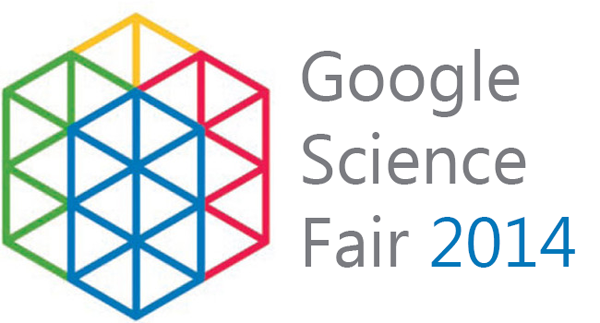Robots, the environment and speaking by breathing are among some of the subjects that won teenagers prizes at the latest Google Science Fair.
The overall win went to Sophie Healy-Throw, Emer Hicker and Ciara Judge of the Republic of Ireland, who also took the 15-16 age category. After what was described as a gardening project that went awry (which brings back memories of John ‘Stumpy ‘Pepys’) they investigated whether the bacteria Diazotroph could help grow crops. They found it helped crops germinate up to 50 percent more quickly and boost barley yields by 74 percent. They believe this could help tackle world hunger while cutting fertilizer use.
For winning, the trio will get a spectacular prize: 10 days in the Galapagos Islands, a $50,000 scholarship, and astronaut training from Virgin Galactic. Oh, and some Lego.
The 13-14 category was won by American Mihir Garimella who designed a sensor module for flying robots based on the way the fruit fly detects and reacts to threats. Meanwhile the 17-18 category was won by Canadian Hayley Todesco for a project based on cleaning up the waste from oil sands extraction, a major environmental challenge in her Alberta home.
A special award from The Scientific American went to American Kenneth Shinozuka who developed a small, thin film sensor to be worn under the foot by patients with Alzheimer’s. When triggered by the patients weight, the sensor transmits a Bluetooth signal to the phone of a carer to alert them that the patient may need attention.
There was also a Voter’s Choice award selected by the public. That went to Indian Arsh Dilbagi who came up with a tool for people with conditions such as Locked-In Syndrome. His creation is designed to let people communicate by using variations in their breath to “dictate” either individual letters or specific phrases (in a similar way to Morse Code), which could then be transformed into a computer-generated voice

